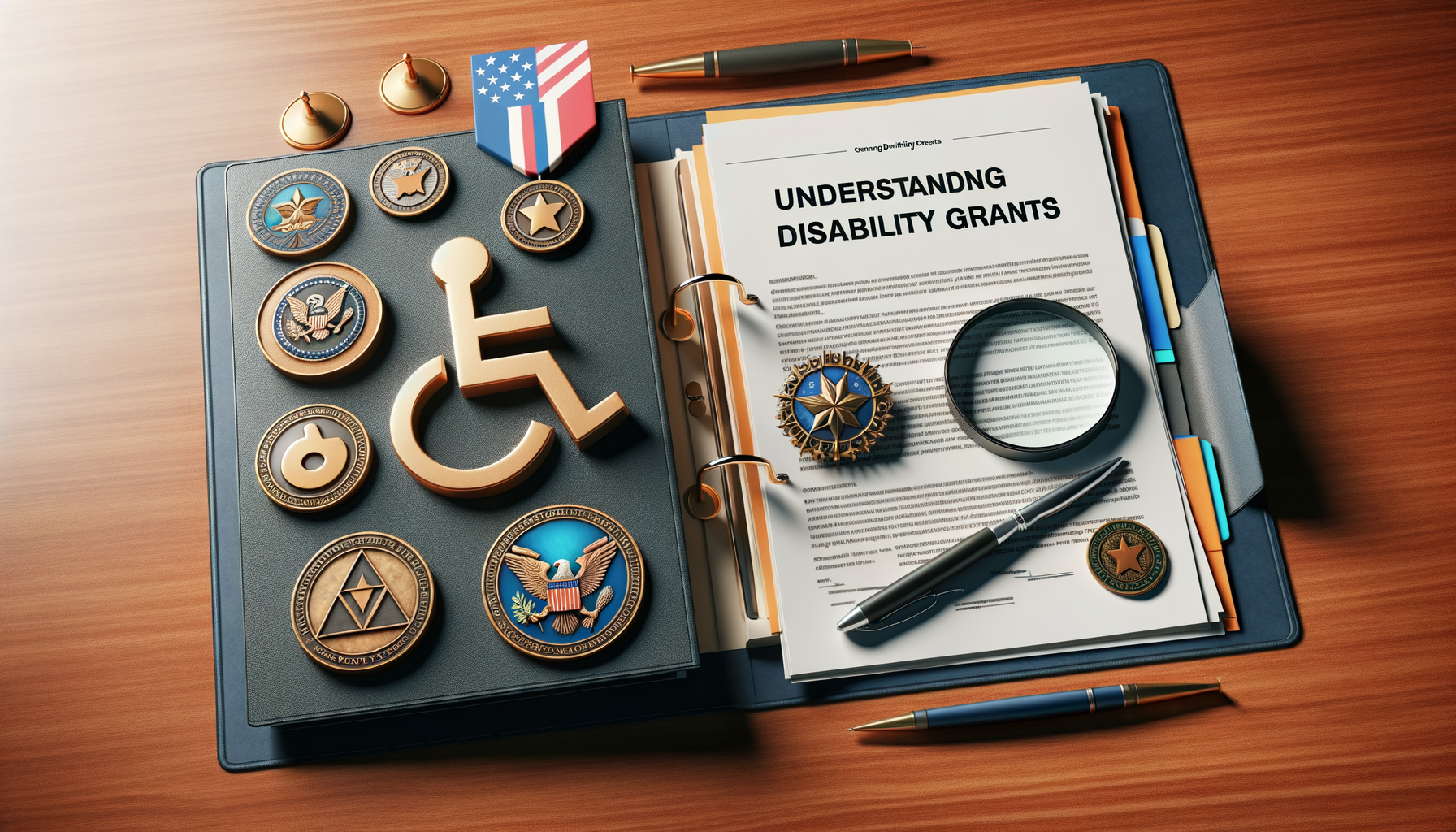Understanding Veterans Disability Grants: A Comprehensive Guide
Veterans disability grants provide crucial support to those who have served, ensuring they receive the assistance they deserve.

Introduction to Veterans Disability Grants
Veterans disability grants serve as a lifeline for many who have served in the military, offering essential financial support to those who have sustained injuries or developed disabilities as a result of their service. Understanding these grants is crucial not only for veterans but also for their families, as they navigate the complexities of post-service life. This guide aims to provide a comprehensive overview of what these grants entail, how they can be accessed, and the impact they have on veterans’ lives.
The Importance of Disability Grants for Veterans
Veterans disability grants play a pivotal role in supporting those who have sacrificed so much for their country. These grants help cover the costs associated with medical care, rehabilitation, and everyday living expenses that can arise due to service-related disabilities. By alleviating financial burdens, these grants enable veterans to focus on recovery and reintegration into civilian life. The significance of these grants extends beyond financial assistance; they also represent a nation’s gratitude and recognition of the sacrifices made by its veterans.
Moreover, these grants often serve as a bridge to other forms of support. For instance, receiving a disability grant can make veterans eligible for additional benefits, such as housing assistance, educational opportunities, and vocational training. This interconnected support system is vital in helping veterans lead fulfilling lives post-service.
Eligibility Criteria for Veterans Disability Grants
Understanding the eligibility criteria for veterans disability grants is essential for accessing these benefits. Generally, to qualify, a veteran must have a service-connected disability, which means the disability must be a result of an injury or illness incurred or aggravated during active military service. The degree of disability is assessed by a percentage rating, which determines the level of benefits a veteran is entitled to receive.
Several factors are considered when evaluating eligibility, including:
- The nature and extent of the disability
- Medical evidence supporting the disability claim
- The veteran’s service record
It is important for veterans to gather comprehensive documentation and medical records to support their applications. In some cases, veterans may need to undergo evaluations by medical professionals to establish the extent of their disabilities.
Application Process for Veterans Disability Grants
The application process for veterans disability grants can be intricate, requiring attention to detail and thorough preparation. Veterans can apply for these grants through the relevant government department responsible for veterans’ affairs. The process typically involves submitting a formal application, along with supporting documents such as medical records, service records, and any other evidence that substantiates the claim.
Once the application is submitted, it undergoes a review process where the evidence is evaluated to determine eligibility and the appropriate level of benefits. Veterans may be required to attend interviews or medical examinations as part of the assessment. It is advisable for veterans to seek assistance from veteran service organizations or legal advisors who specialize in veterans’ benefits to ensure their applications are complete and accurate.
Challenges and Support Systems for Veterans
While veterans disability grants offer substantial support, the process of obtaining them can present various challenges. Veterans may face delays in processing times, difficulties in gathering necessary documentation, or challenges in proving the service-connection of their disabilities. These hurdles can be discouraging, but there are support systems in place to assist veterans throughout the process.
Veteran service organizations play a crucial role in providing guidance and advocacy for veterans seeking disability grants. These organizations offer resources such as counseling, legal assistance, and peer support, helping veterans navigate the complexities of the application process. Additionally, there are online platforms and community groups where veterans can share experiences and advice, fostering a supportive network.
By leveraging these support systems, veterans can overcome obstacles and secure the benefits they rightfully deserve, ensuring a smoother transition to civilian life.
Conclusion: Empowering Veterans Through Disability Grants
Veterans disability grants are more than just financial aid; they are a testament to the nation’s commitment to its service members. By providing essential support, these grants empower veterans to lead dignified and independent lives, despite the challenges posed by service-related disabilities. As we continue to honor and support our veterans, understanding and improving access to these grants remain crucial. Through awareness, advocacy, and a robust support network, we can ensure that veterans receive the recognition and assistance they deserve.